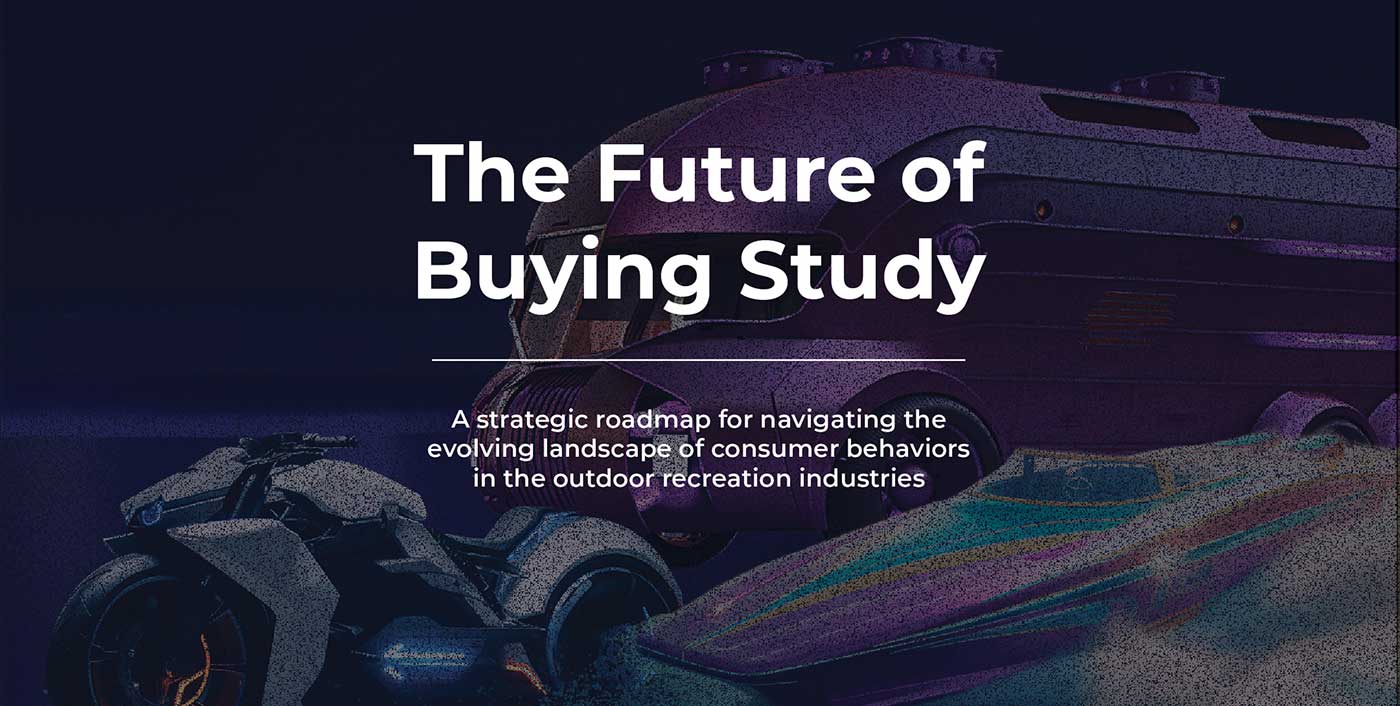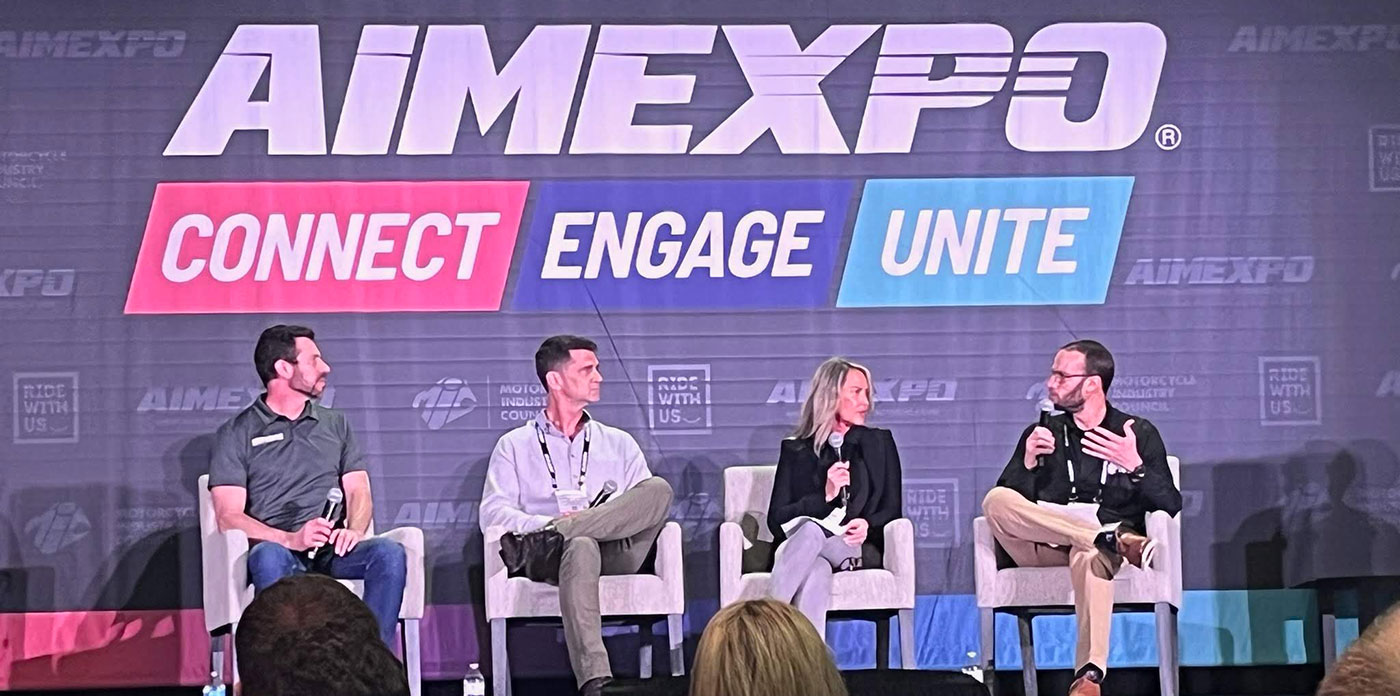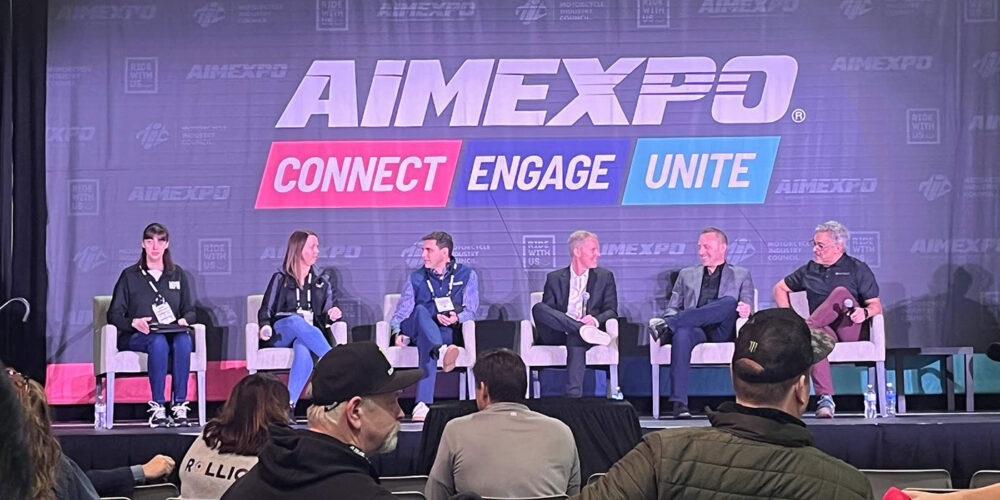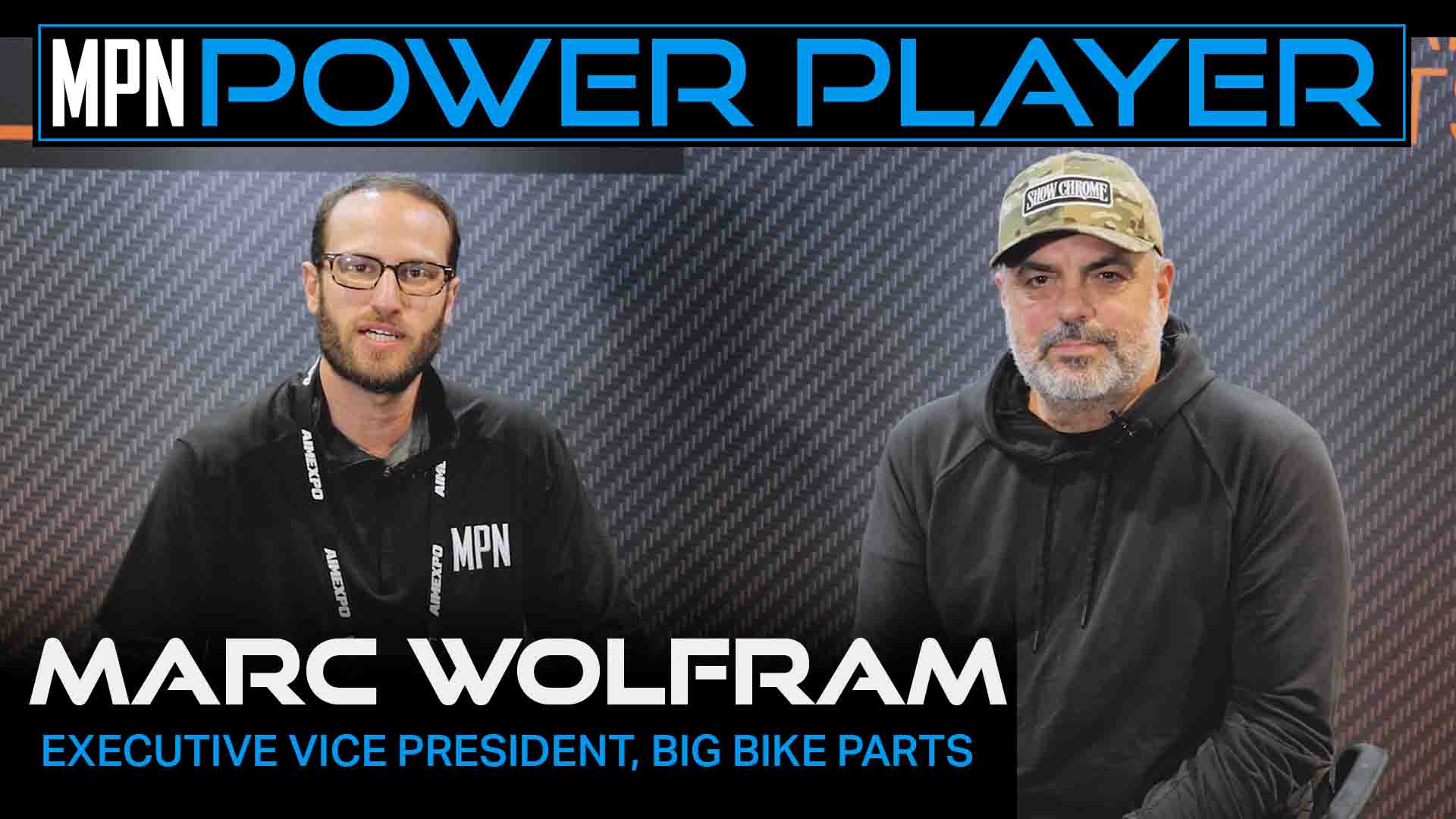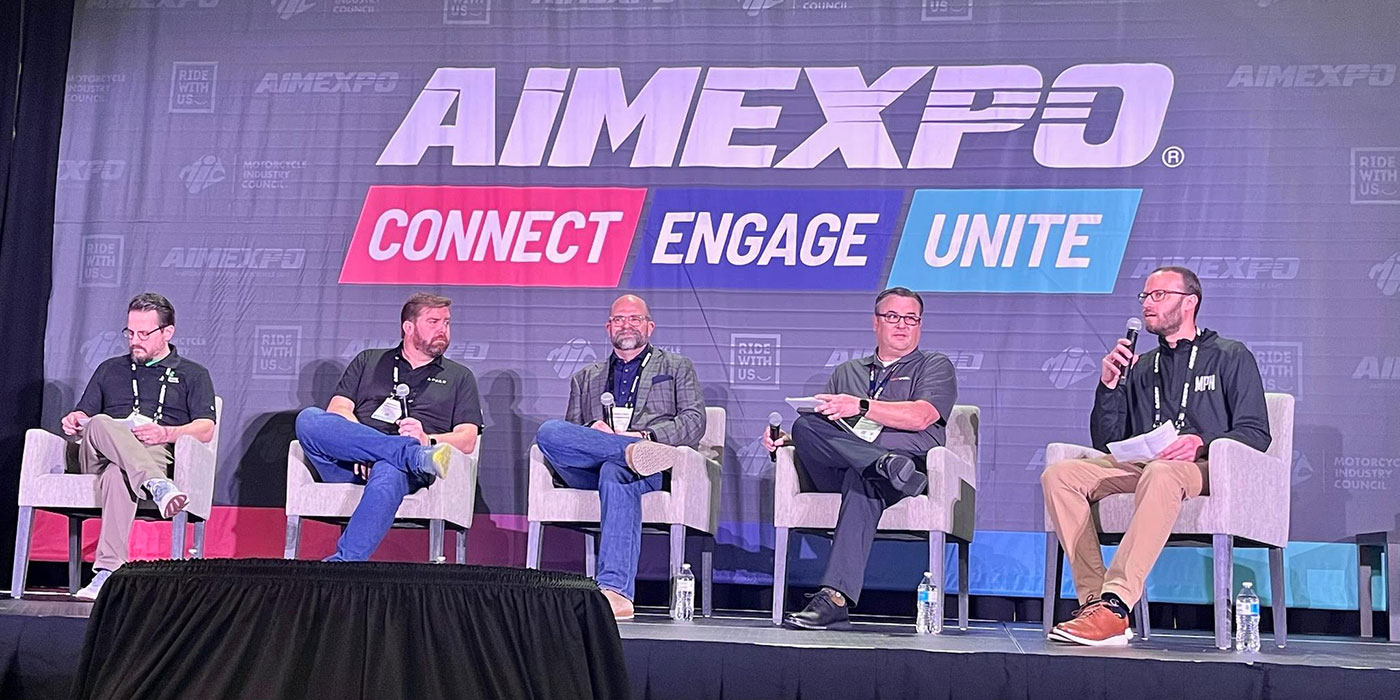Mentoring is a human resource tool. It is increasingly considered for on-the-job training. Smart managers who learn to develop and apply a technical mentoring process have a human resources (HR) advantage.
During this time of tech shortage, only 20% of all technical managers will be committed enough to properly use the tool of mentoring. Eighty percent of managers want an easy fix and aren’t willing to learn or invest in what it takes.
Related: How Mentoring Can Help Overcome the Technician Shortage
When haphazardly implemented, mentoring fails, and it will create internal conflict. However, to be able to grow your own technicians in-house over and over is a worthy goal.
Before You Hire Mentees, Assess Your Business
Assess your business and staff to see if the environment lends itself to productive mentoring. Some managers are so desperate for help they fling words around like “mentoring” to help hire without understanding what it is and what support structure is needed.
Do a simple self-assessment. Draw a line down the middle of a blank page. On the right side, write, “Why we can win using mentoring.” On the left side, “Obstacles to mentoring.” Ask two or three staff to do the same. Write down anything that comes to mind. Include generational differences, mentors, mentor compensation, relationships with local career technical education (CTE) programs and need for tools. Compare and edit down to one page.
Expect to have someone point out entry-level mentees are young, less stable, tend to stay out late and struggle to make good decisions. (Remember what you were like from age 18 to 25?)
If you are turning over a lot of techs, that is a predictor of poor success in mentoring. Check your churn. Stabilize staff before trying to implement a mentoring system.
Start Editing to a 1-Page Plan
Once you compare thoughts, you almost have a simple written plan. Planning reveals whether a manager can understand and communicate the basics:
- Write down the five W’s: who, what, where when and why.
- As your writing captures key ideas, offer the plan to someone you respect (your office manager, spouse, accountant, mentor).
- Invite honest feedback and listen.
- Improve on the plan.
A one-to-two-page written plan explains the basics of how your system might operate. Less yak, more act. Those who simply talk the talk seldom provide anything written. A plan at its simplest is a written checklist.
Identify the Mentor Manager Before Mentors and Mentees
Mentoring needs a guide to manage the team(s). It is not a full-time job. So, if it is not you, then who?
A mentor manager must be available to answer questions, implement strategy and make quick decisions on behalf of the team. After a month or so, this is likely to be only one to two hours a week.
Success depends on the mentor manager. This person must care and buy in. The candidate for mentor manager may be working in shop, but for some businesses, the person works in the office and may have little or no technical experience but lots of people skills. Find someone who enjoys seeing others grow. Mentor managers must have authority to do what is necessary on behalf of the team(s).
Before the Mentee Arrives, Inform In-House Mentor Prospects
With the mentor manager aboard, inform all staff you’d like to identify and discuss technicians who may qualify to mentor.
Sometimes a “lunch and learn” is a great way to positively introduce how mentoring might work. Here’s some things to share:
- Explain how you see mentoring working.
- Invite techs to interview as mentors.
- Provide a simple job description for those interested.
- Explain benefits of mentoring and touch on compensation possibilities (discuss details privately and individually).
- Answer mentor prospects questions and be open to suggestions.
Be clear that not everyone has the experience or desire to be a mentor.
Be Prepared
Be prepared well ahead of time before the mentee arrives. Get a simple plan ready, and get your team ready.
You are in an HR competition for workers considering many industries. Sell them on your industry, your company and your plan for them. Show them you have a mentoring program in place that will help them grow faster than anywhere else.
Marc Brune is a business development manager at Mentor Mentee and Business Administration graduate from Ottawa University. As a former mentee and product of mentoring, Marc helps businesses implement technical mentoring systems to counter the technician shortage.


